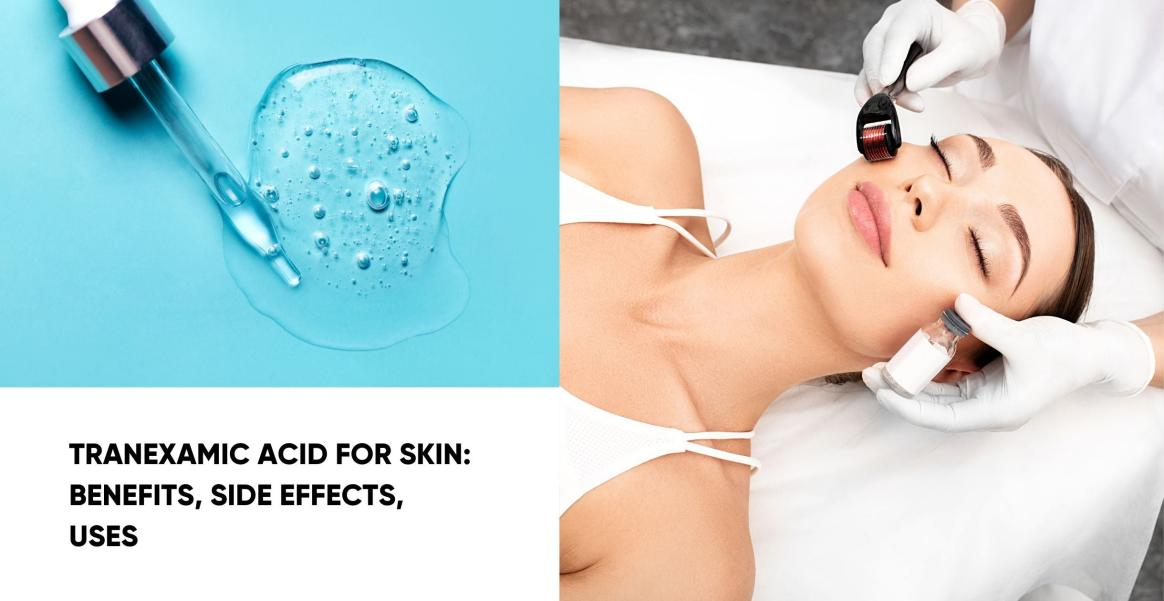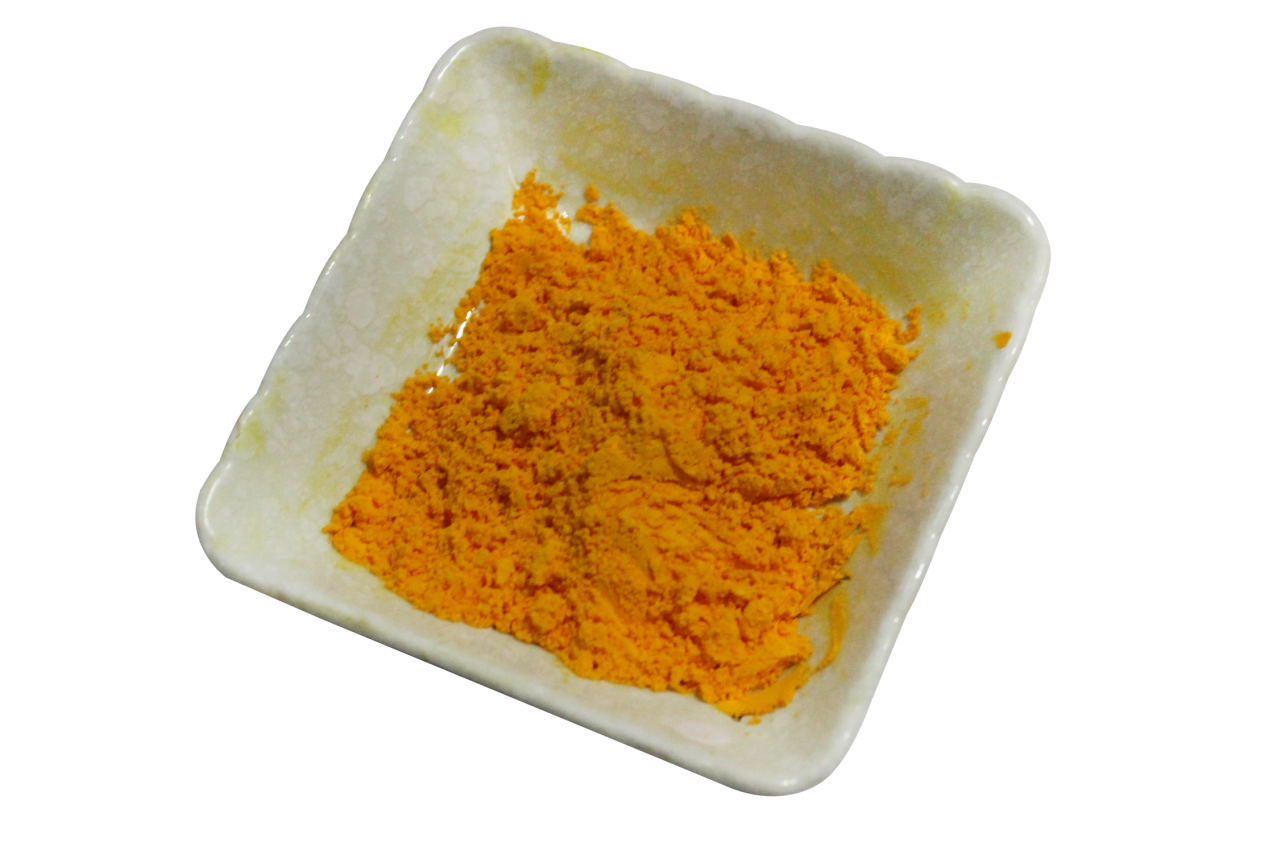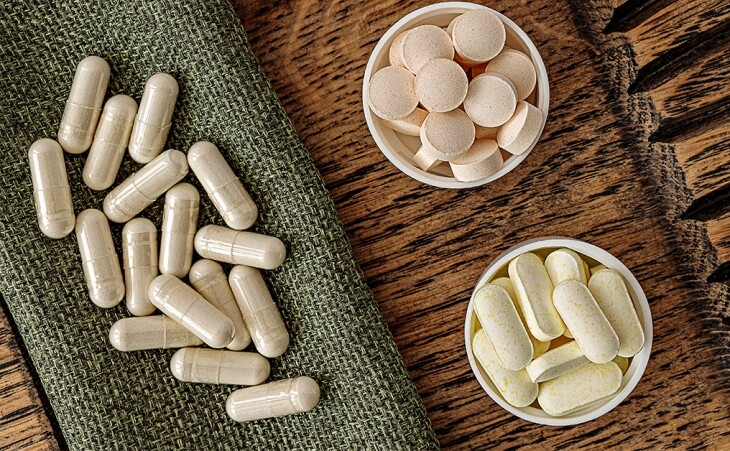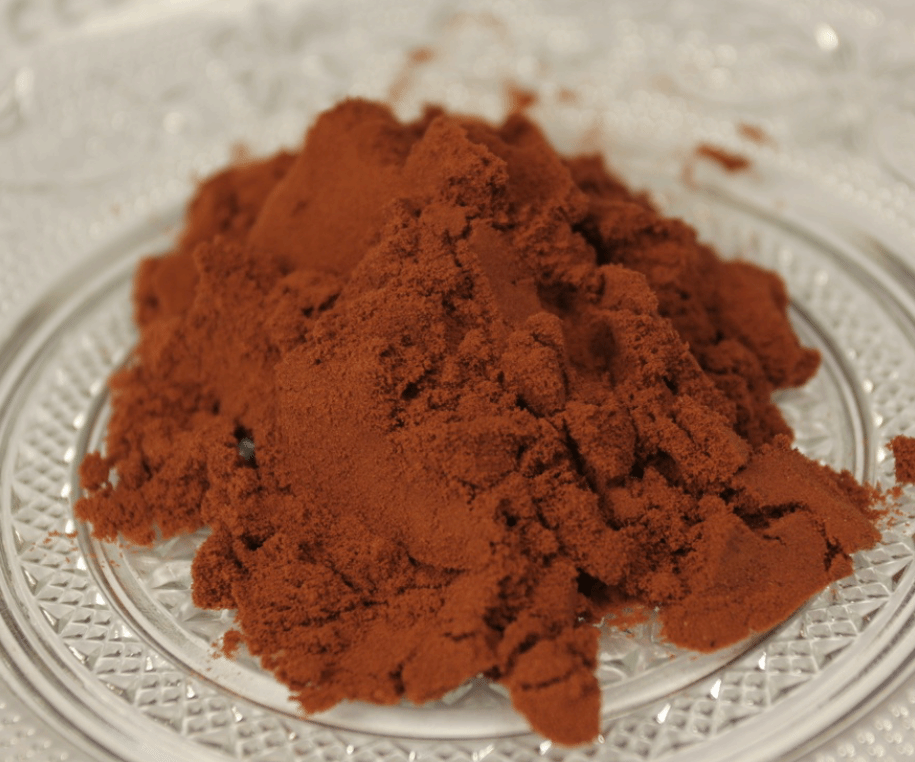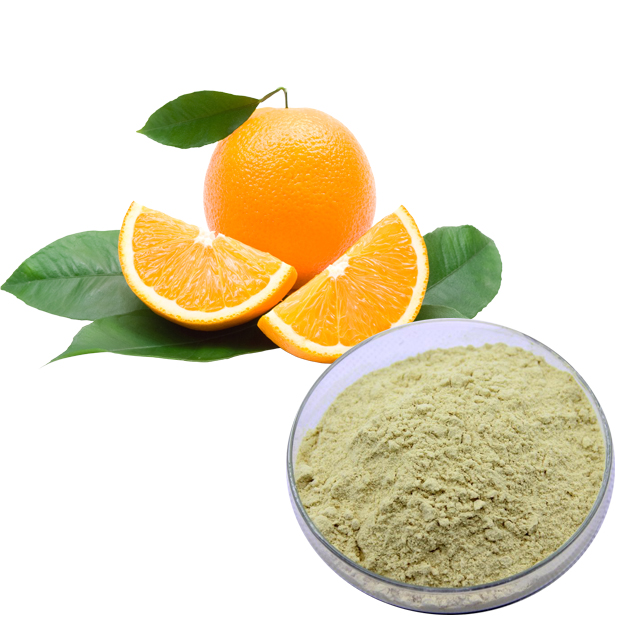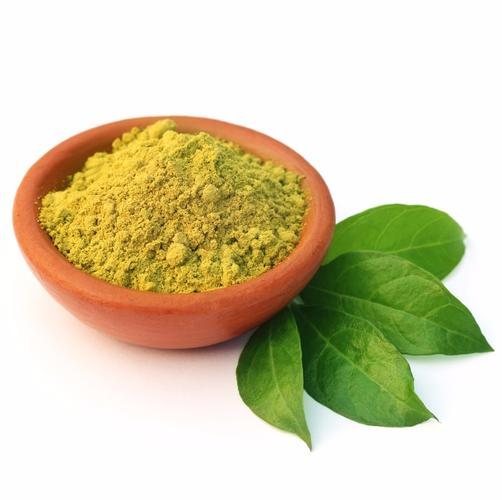The Benefits and Applications of Sorbitol
Sorbitol, also known as glucitol, is a white hygroscopic powder or crystalline powder, flakes, or granules with no odor. It has a boiling point of 494.9°C and a melting point ranging from 88 to 102°C depending on crystallization conditions. Its molecular weight is 182.17, with a relative density of about 1.49. Sorbitol is highly soluble in water (1g dissolves in approximately 0.45mL of water), slightly soluble in ethanol and acetic acid, and has a cool, sweet taste. Its sweetness is about half that of sucrose, with a similar caloric value. In the food industry, sorbitol is often used in liquid form with a concentration of 69-71%. Sorbitol liquid contains 67-73% D-sorbitol in aqueous solution and is produced by the reduction of glucose. It is widely distributed in fruits like pears, peaches, and apples, with a content of about 1-2%. Sorbitol’s sweetness is comparable to glucose, but it gives a fuller sensation. It is slowly absorbed and utilized in the body without increasing blood sugar levels. Sorbitol is a crucial industrial raw material widely used in chemical, light industry, and food industries.

Nutritional and Functional Properties
- Nutritional Value: Sorbitol has a cool, sweet taste with sweetness equivalent to 60% of sucrose. It has the same caloric value as sugars but is metabolized more slowly. Most of it is converted to fructose in the liver, making it a suitable sweetener for diabetic patients. Sorbitolis used in ice cream, chocolate, and chewing gum to replace sugar for weight loss effects. It can also be a raw material for vitamin C production through fermentation and chemical synthesis.
- Dental Care: In the toothpaste industry, sorbitol is replacing glycerin, with an addition amount of 5-8% (16% abroad). Sorbitol maintains moisture and freshness in baked goods, extending shelf life. It is also used as a starch stabilizer, fruit humectant, flavor preservative, antioxidant, and preservative.
- Sweetener for Special Diets: Sorbitol is commonly used in sugar-free chewing gum, alcohol flavorings, and diabetic foods. In China, the typical addition amount in food and beverages is 1.5-2% (8% abroad).
Industrial Applications
- Cosmetics: Sorbitolserves as a softener, humidity control agent, and lubricant in cosmetics, widely used in toothpaste, lotions, mouthwashes, perfumes, and deodorants. Its antibacterial properties are superior to glycerin, improving the performance of ointments and skin creams when added.
- Textiles: Sorbitol’s chelating action with iron and copper ions is useful in strong alkaline fabric rinsing solutions. It can be used in formulas to improve cotton fiber’s wash and wear resistance and as a formaldehyde scavenger and toughening agent post-cleaning.
- Dry Cleaning: Sorbitol monooleate is often combined with anionic surfactants as a dry cleaning agent. Sorbitol’s condensation product with epichlorohydrin, when reacted with triethylenetetramine stearic acid, is used as a fabric softener.
- Other Industrial Uses: In leather, paper, tobacco, and metallurgy industries, sorbitol acts as a softener, metal surface treatment agent, humidity control agent, and adhesive. It can also be a component in antifreeze or developing solutions. Sorbitolcombined with glycerin in soft adhesives or cork adhesives improves mechanical strength, temperature, and humidity resistance. As part of an alkaline etching solution, sorbitol helps prevent the formation of a hard crust on aluminum and aluminum alloy surfaces. Adding sorbitol to ink prevents sedimentation at the pen tip, ensuring smooth writing.
Safety and Toxicity
Sorbitol is considered safe for consumption and use in various industries. It is not acutely toxic, and its slow absorption rate makes it unlikely to cause significant blood sugar spikes. However, like any substance, it should be used within recommended limits to avoid potential laxative effects at high doses.
Contact:James Yang
Tel/WhatsApp: +8619992603115
WeChat:19992603115
Email: sales@xabcbiotech.com


